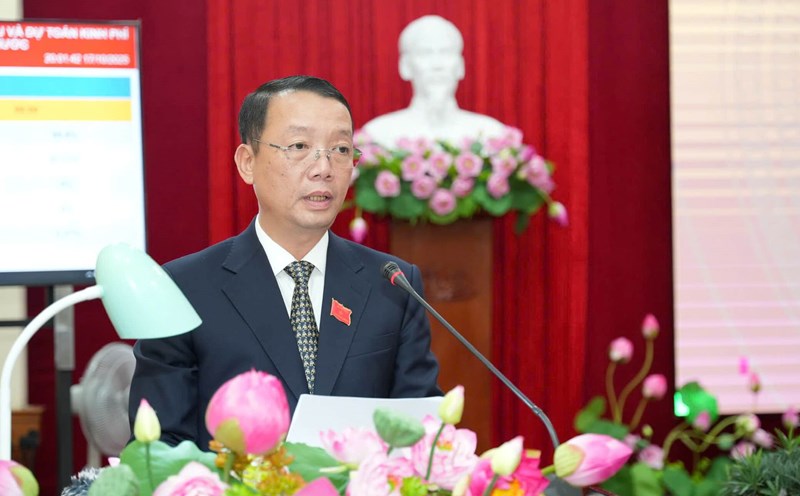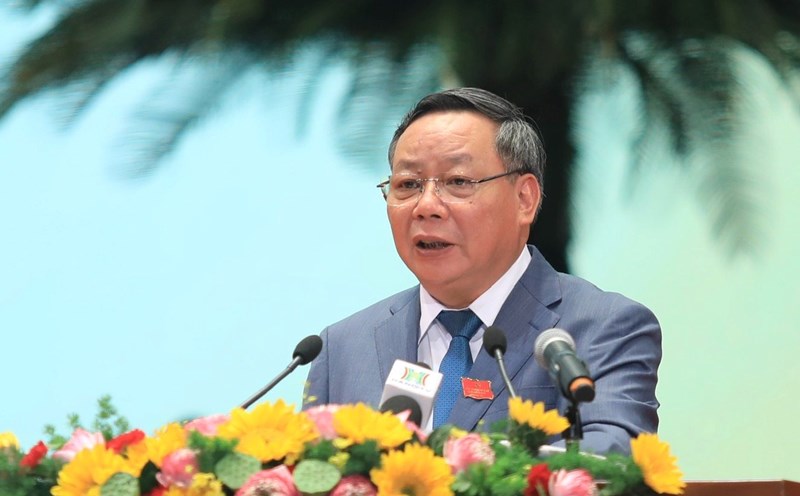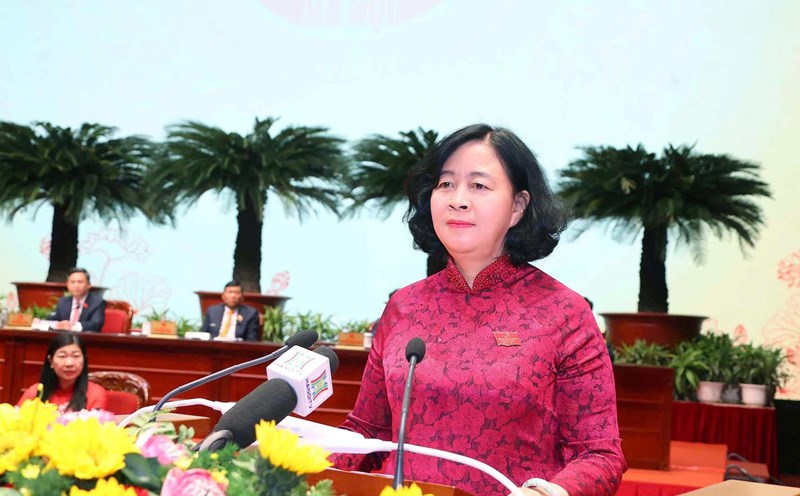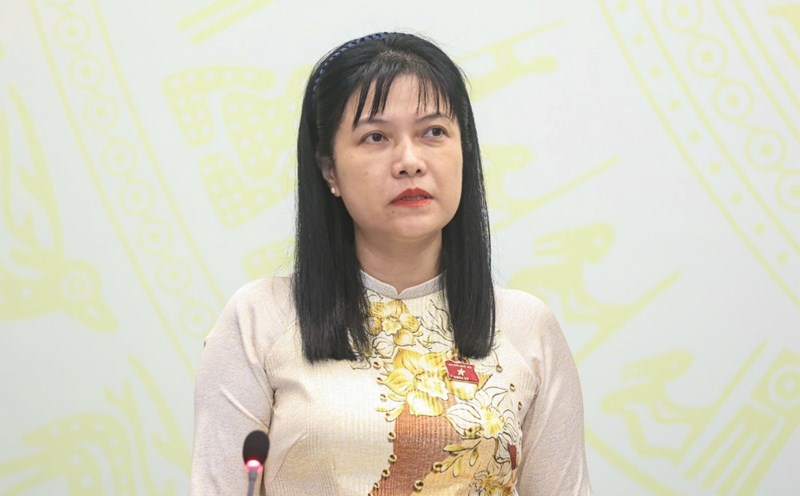Commonwealth Fusion systems (CFS) said on Thursday (local time) that it is working with Google DeepMind to optimize the operation of the Sparc thermal reactor, a project expected to create a clean, abundant and zero-emission energy source.
The two sides plan to simulate the burning process of plasma's flow inside the reactor using DeepMind's specialized software called Torax.
Torax will then be combined with advanced AI models to help CFS determine the most efficient path to achieve sustainable thermogenic reactions.
AI is the missing piece of the clean energy dream
Thermal energy has long been considered the ultimate goal that the energy industry is striving to conquer, promising to bring almost unlimited power from seawater without causing carbon emissions.
However, the biggest problem lies in maintaining plasma, the flow of superheat matter inside the reactor is stable enough and long enough for the reaction to take place.
Unlike the phanks reaction in nuclear power plants, the thermal reaction cannot be self- Maintained without special conditions such as in the Sun's core.
In CFS reactors, superconducting magnetes are used to control plasma, but the required accuracy is too high, making it difficult for humans to control themselves in real time.
This is the time for AI to promote its role. DeepMind's reinforcement learning models can process huge amounts of data and adjust hundreds of variables at the same time, helping the system maintain plasma more stable.
Torax can be integrated witholution search algorithms to discover the most efficient and powerful way to create net energy, according to Google.
Not just a scientific research
CFS is currently building a Sparc reactor in the Boston suburbs, which has completed about 2/3 of the progress.
When completed by the end of 2026, CFS expects this to be the first heat-powered device to generate more energy than it consumes, marking a historic turning point in the energy industry.
The deal is also part of Google's long-term strategy to seek clean power for data centers, which consume huge amounts of energy to operate AI models.
In August, Google and Nvidia joined CFS's $863 million capital raising round, and pledged to buy 200 megawatt of electricity from CFS's first commercial plant, Arc, expected to be built in Virginia.
Google has partnered with TAE Technologies, another hot-tempered startup, to use AI to research plasma's operations.
Continuing to invest in CFS shows that the technology giant is betting big on a future where AI not only learn from humans, but also helps create its own source of energy.











